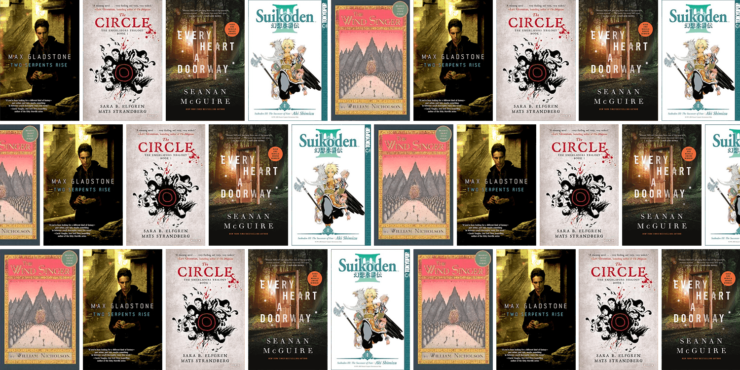The existence of magic in a story offers so many possibilities for how characters might overcome obstacles, relate to one another, manipulate the fabric of their worlds, and express who they truly are. But magic has to have limits, too, or any story whose protagonist comes to possess it would end in that instant, with an effortless and consequence-free fix of all their problems. Magic can be difficult to acquire, challenging to master, or simply limited in what it can do. But I’m drawn to stories in which the hardest thing about magic is the price you have to pay for it—whether that price was chosen freely, stumbled into accidentally, or inflicted against your will.
My latest book, The Rightful Queen, focuses on a rare breed of magic-users exempt from the physical pain most mages experience. But in return, these individuals suffer psychic fractures that limit and manipulate their spectrum of emotions, perennially opening deep mental wounds.
Even with abilities we can only dream of, human beings are still plagued by so many familiar, inescapable things, weighted down even when they can conquer gravity. Power is most fascinating when it also makes you vulnerable. Here are five books (or the first book in a series, when the whole series is applicable) in which the price of magic is particularly ingenious:
Manifestation of a weakness: The Circle by Sara B. Elfgren and Mats Strandberg
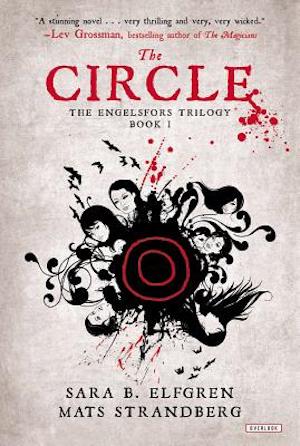
In this first book of the excellent Engelsfors trilogy, six teenage girls who previously knew nothing about magic’s existence must contend with sudden powers they can’t control. Each character’s magic develops differently—and, for most of the girls, in the direction they least would have wished for. Confident, outgoing Vanessa finds herself ignored and isolated whenever her invisibility flares up, while shy Rebecka’s flashy pyro- and telekinesis push her toward a leadership role. Mean girl Ida, who has relentlessly bullied others for anything “weird,” is appalled by the dramatic horror-movie shenanigans that are part of being a spirit medium, and Linnéa, an outcast who does her best to wall herself off from everyone around her, is literally forced to empathize with others when she can’t get their thoughts out of her head. In order not to be left at the mercy of their own powers, the girls have to navigate the kinds of situations they’ve always tried to avoid before, and question how they’d truly like to live.
Physical/psychological trauma: Two Serpents Rise by Max Gladstone
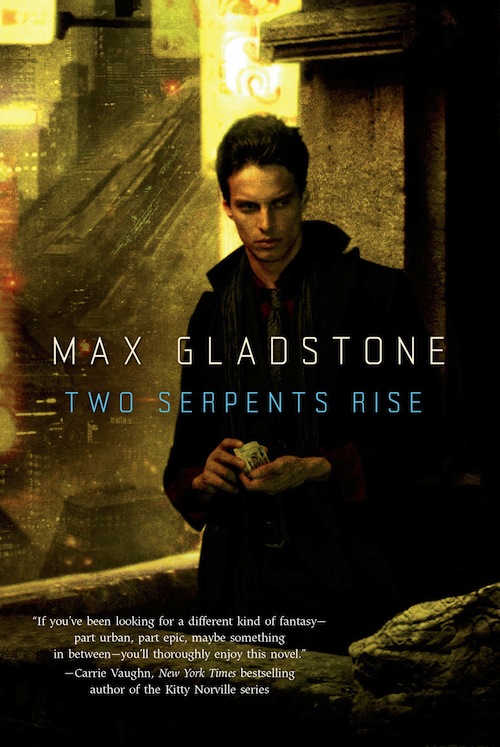
Caleb, the protagonist of Two Serpents Rise, has the very rare ability to unravel the spells of the series’ primary magic-users. This ability comes from a long-overthrown priesthood, and it was bestowed on him by his father, Temoc, one of the last living priests. However, a recipient of this power must suffer wounds ritually carved all over their bodies. When Caleb was still a child, Temoc drugged him and performed this ritual without his consent, an act that put Caleb in the hospital and tore apart his family when his mother couldn’t forgive his father for what he had done. Caleb’s scars are literally the source of his power, and as his adult self grows ever closer to all-out conflict with Temoc, those scars are a constant reminder of his father’s hopes for his future, a dream that Caleb cannot fulfill.
Loss of self: The Wind Singer by William Nicholson
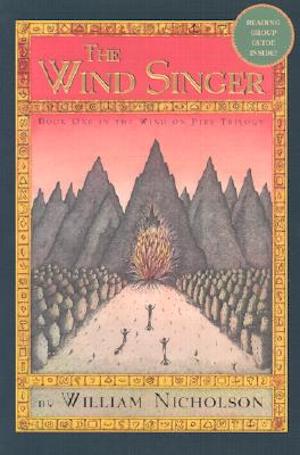
Magic as a corrupting force is a fairly common trope in fantasy stories, but the big bad of the Wind on Fire series haunted my childhood nightmares for a different reason. The Morah, a sort of magical hivemind, was once a bolstering, benevolent force present in all living beings, but over-reliance on its power caused it to turn violent and hungry. Bowman, one of the series’ twin protagonists, is a magical prodigy who can tap into the Morah to bolster his own gifts, even though he aspires to eventually destroy it. But in order to use the Morah’s power, he must subsume himself into its will: an insatiable drive for destruction and conquest, devoid of empathy or individuality. The decision to surrender your individual consciousness and will, even temporarily, is as chilling to me now as it was when I first read the series.
Existential despair: Suikoden III: The Successor Of Fate by Aki Shimizu
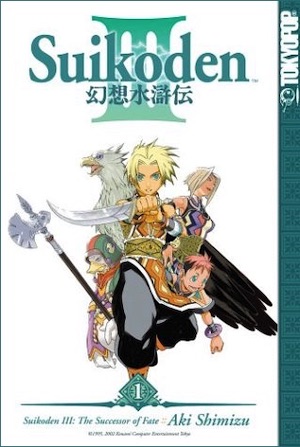
In the world of Suikoden, magic comes from runes, sigils that can be attached to living hosts. Many minor runes are mass-produced and can be placed and removed at will, but the most powerful runes are unique and choose their own bearers. The more a rune has to offer its bearer, the more likely it is to come with some sort of terrible downside: the deaths of those closest to you, a craving for human blood, a slow descent into madness. The runes that take center stage in Suikoden III seem idyllic at first: they each bestow control over a specific element, as well as immunity from aging or natural death. But they also bear haunting visions of an “ashen future,” devoid of life, change, or freedom, that the collective will of the most powerful runes seems to be steering humanity toward. Would eternal life still seem like a blessing if you knew you would survive just to witness the end of everything?
Outsider status: Every Heart A Doorway by Seanan McGuire
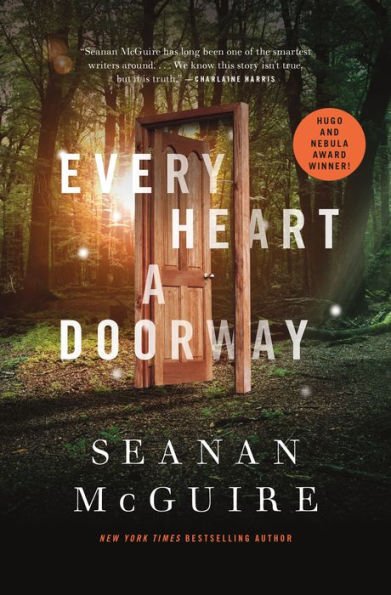
I’m not always a fan of the trope of magical beings as targets of persecution; handled poorly, it can seem like a case of being hated because you’re too special. But the painful feelings of not belonging the protagonists of Every Heart experience are less the result of other people’s words or actions than a truth they feel in their bones. They are children who have unwillingly returned to our world after having experienced at least one other—worlds filled with magic, yes, but also worlds in which they felt they could truly be themselves. Whether every otherworld was actually beneficial for every character is certainly debatable, but the characters wanted to remain in the worlds that chose them—and, the longer they did, the less suited for existence in this world they became. If they refuse to disavow the places they still wish to call home, they must remain estranged from their families, their former lives, and even this world itself.
Originally published July 2020.
Isabelle Steiger was born in the city and grew up in the woods. She received her first notebook when she was eight, and she’s been filling them up ever since. She lives in New York, though her erstwhile companion, a very moody gray cat, has since retired and moved to Florida.










